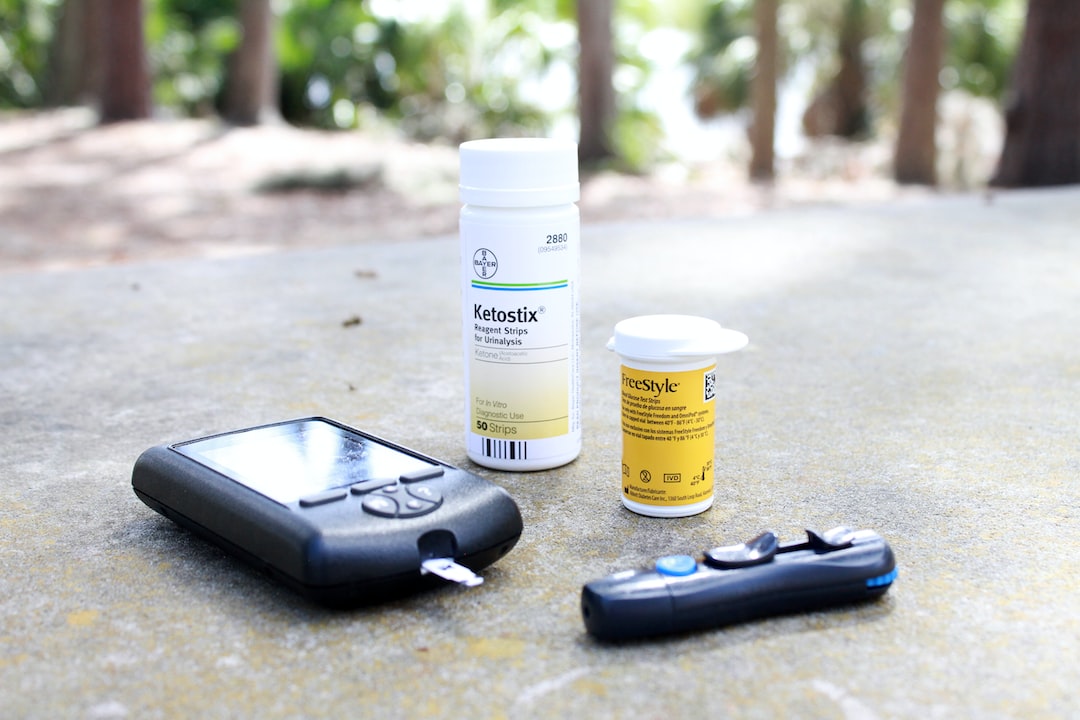Did you know that having diabetes significantly increases your risk of developing heart disease? People living with diabetes are more likely to experience conditions like heart attacks, strokes, and other cardiovascular problems. Understanding the connection between diabetes and heart disease is crucial for managing your health and reducing these risks. Here’s what you need to know:
1. High Blood Sugar Damages Blood Vessels
Chronic high blood sugar levels, a common issue in diabetes, can damage the blood vessels over time. This damage increases the likelihood of atherosclerosis, a condition where fatty deposits build up inside the arteries, narrowing and hardening them. This can restrict blood flow to the heart, increasing the risk of heart attacks and strokes.
2. The Role of High Blood Pressure
Many people with diabetes also suffer from high blood pressure (hypertension). High blood pressure can further strain the heart and blood vessels, making it harder for the heart to pump blood effectively. Over time, this can lead to heart failure or increase the risk of a heart attack. Regular monitoring of blood pressure is essential for people with diabetes.
3. Cholesterol and Diabetes
Diabetes often leads to unhealthy cholesterol levels, with high levels of LDL (bad) cholesterol and low levels of HDL (good) cholesterol. This imbalance contributes to the buildup of plaque in the arteries, increasing the risk of heart disease. Managing cholesterol through diet, exercise, and medication can help lower these risks.
4. Inflammation and Insulin Resistance
Diabetes, particularly Type 2, is often associated with insulin resistance—a condition where the body’s cells no longer respond effectively to insulin. This can lead to inflammation in the body, which accelerates the development of heart disease. Chronic inflammation can damage the arteries and promote the buildup of plaque.
5. Prevention and Management
While diabetes and heart disease are closely linked, the good news is that you can take steps to reduce your risk. Managing your blood sugar, maintaining a healthy weight, and controlling your blood pressure and cholesterol are key steps to protect your heart. Regular physical activity, a balanced diet, and quitting smoking are also crucial in reducing your cardiovascular risk.
Living with diabetes doesn’t mean you have to accept heart disease as an inevitable outcome. By staying on top of your diabetes management and focusing on heart health, you can reduce your risk and live a long, healthy life. Make regular check-ups with your healthcare provider a priority, and work with them to develop a comprehensive plan that includes both blood sugar and heart disease management. With the right approach, you can protect your heart while managing your diabetes effectively.
We Buy Unused Diabetic Test Strips and Supplies
If you would like to find out about earning cash for your unwanted, unused, and boxed test strips, complete our online quote form today.
If you have extra, unopened and unused boxes of diabetic test strips – whether you have switched brands, no longer need to test or test less frequently, or have a loved one who has passed away – don’t let them gather dust until they’ve expired and end up in the trash. We’re the best place to sell diabetic test strips online, and if you want to sell your test strips, we’re here to make the process easy and enjoyable!
Visit us at Sell Your Test Strips and get your free quote today!




